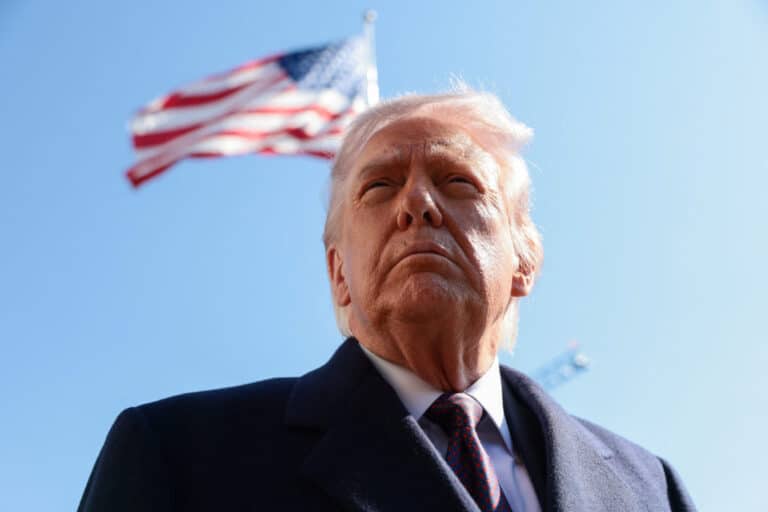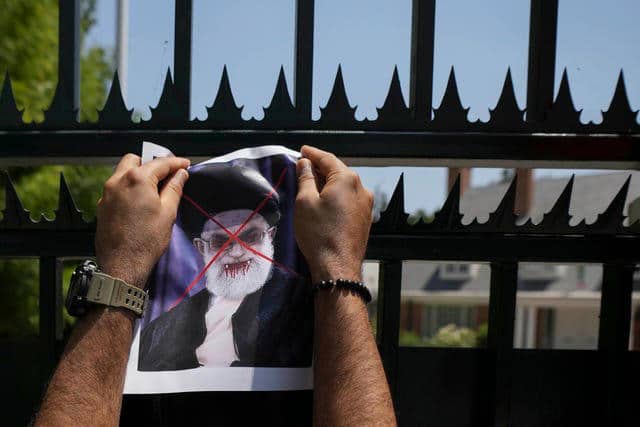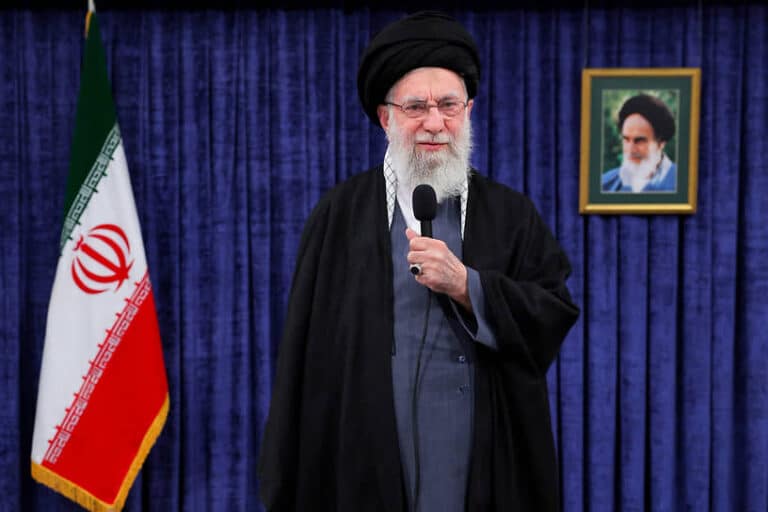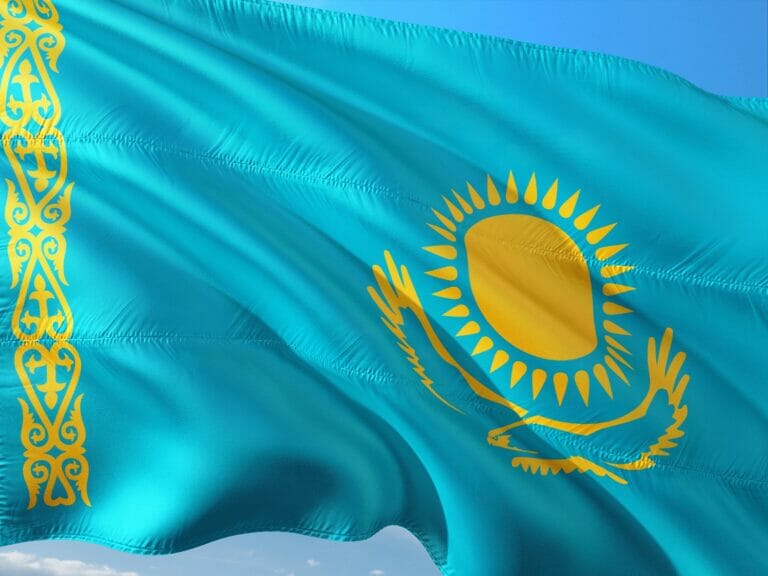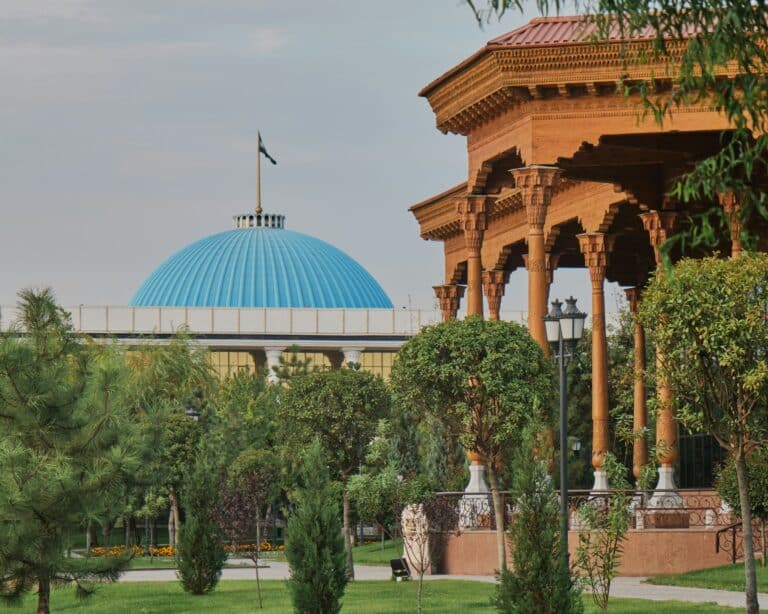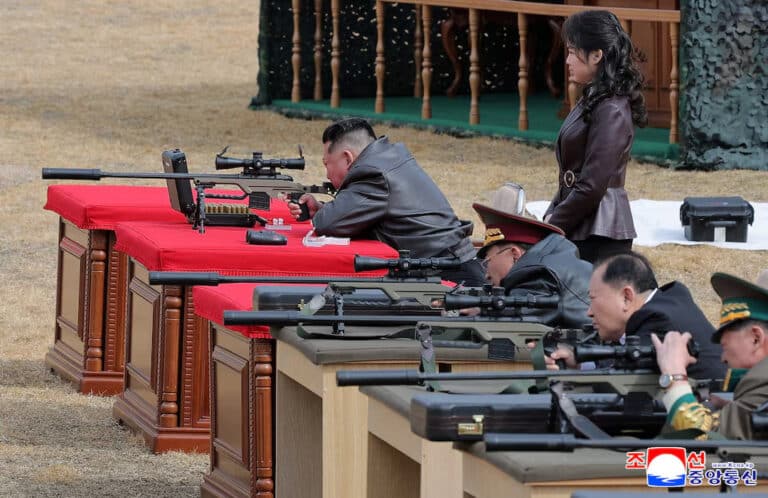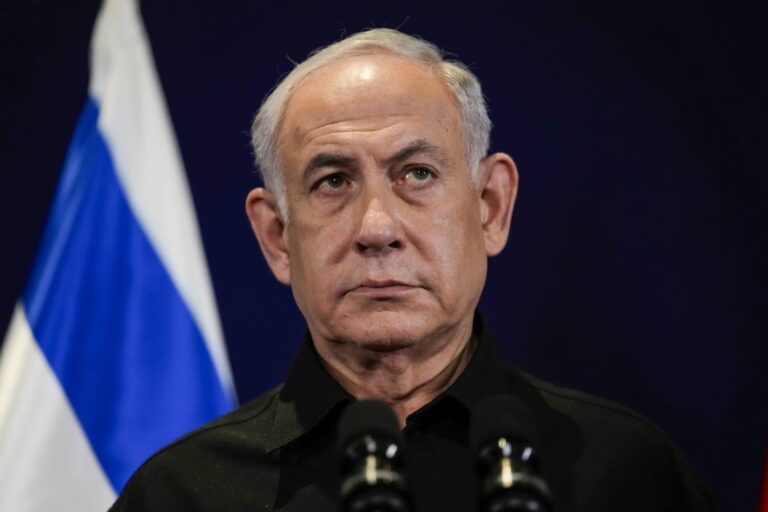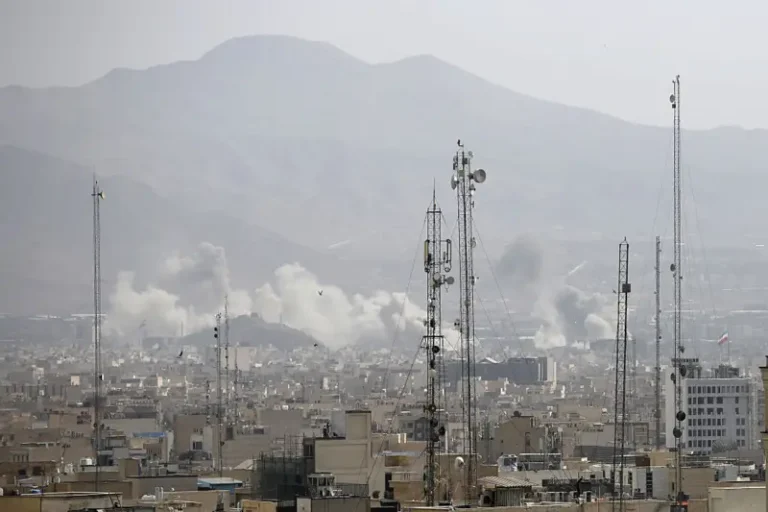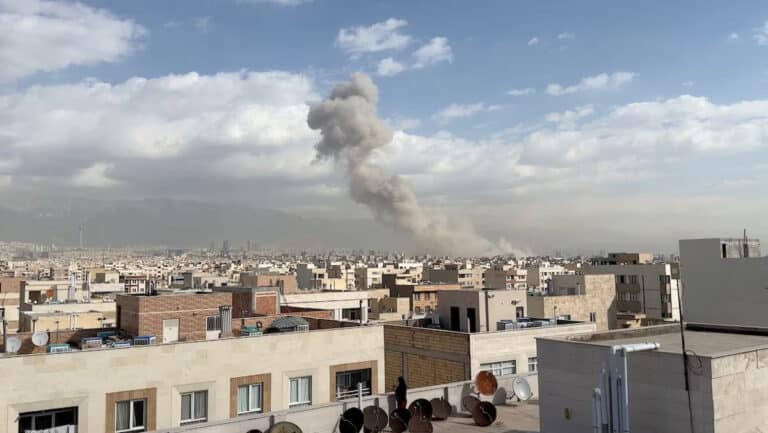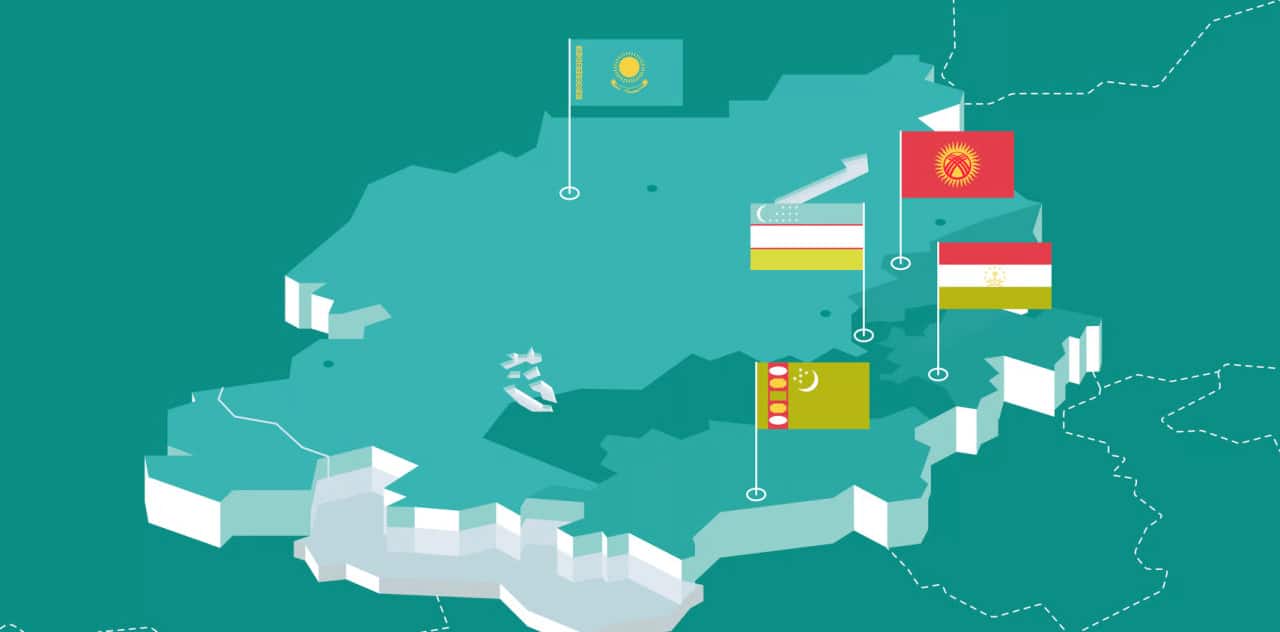
Uzbekistan is increasingly setting the pace for economic growth and integration in Central Asia, with fresh data showing it outstripping its neighbours in trade expansion and structural reform, even as Kazakhstan retains its status as the region’s largest economy. The findings come from a recent report by the Eurasian Development Bank (EDB) on India and Central Asia’s economic ties.
Strong Growth and Rising Trade
In 2023 Uzbekistan recorded GDP growth of 5.5%, one of the highest in the region, second only to Tajikistan’s 8.3%. By contrast, Kazakhstan, which accounts for 60% of Central Asia’s total GDP, posted growth of 5.1%, while Kyrgyzstan grew 6.2%. Turkmenistan’s economy expanded by 6.3%, though its official statistics are often viewed with caution.
Uzbekistan’s economic performance was matched by robust trade figures. The country’s total foreign trade turnover surged by 23.6% in 2023, the fastest among its Central Asian peers. Kazakhstan saw trade expand by 3.2%, while Kyrgyzstan recorded 25% growth but from a far smaller base. Tajikistan, meanwhile, posted a 6.6% increase.
Expanding Ties with India
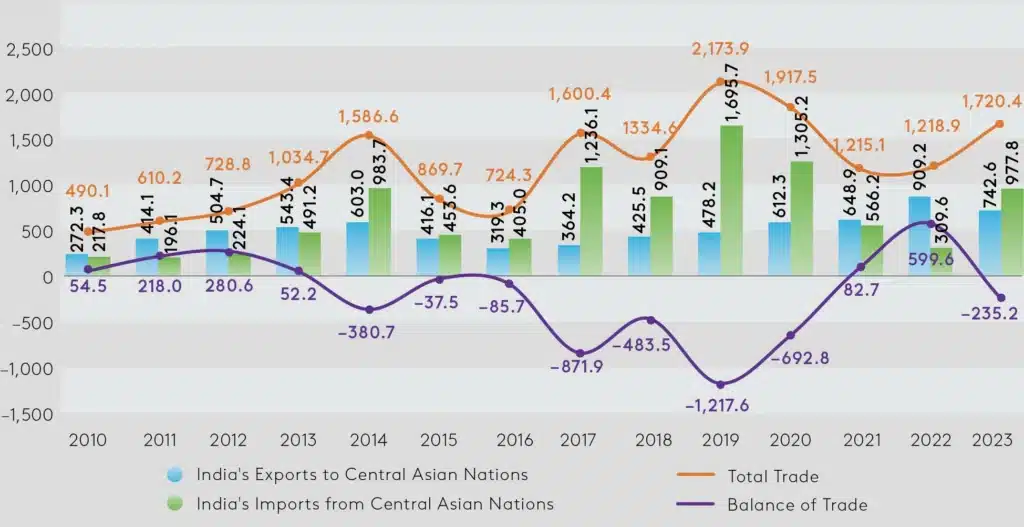
The report highlights Uzbekistan’s role as a key partner for India in the region. Bilateral trade between the two countries reached $930 mln in 2023, making Uzbekistan India’s second-largest trade partner in Central Asia after Kazakhstan. India’s imports from Uzbekistan, mainly gold, textiles and chemicals, are expanding steadily, though the balance still tilts in Uzbekistan’s favour.
Kazakhstan, by comparison, recorded trade with India worth $2.5 bn, driven largely by oil exports. Kyrgyzstan and Tajikistan lagged well behind with $143 mln and $176 mln respectively.
Foreign Investment and Reforms
Foreign direct investment (FDI) flows into Uzbekistan remain strong, particularly in manufacturing, energy and textiles, bolstered by reforms aimed at improving the investment climate. Kazakhstan continues to lead the region in absolute FDI volumes, drawing $6.1 bn in 2023 compared with Uzbekistan’s $2.5 bn. But while Kazakhstan’s attractiveness is underpinned by oil and gas, Uzbekistan’s reforms have helped diversify inflows across sectors.
In terms of structural reforms, Uzbekistan is often cited as the region’s frontrunner. Liberalisation of foreign exchange, customs reforms and a push to digitalise public services have drawn positive assessments from multilateral institutions. By contrast, Turkmenistan remains the least open, while Tajikistan and Kyrgyzstan face persistent institutional and infrastructure gaps.
Outlook
Uzbekistan’s trajectory suggests it will remain Central Asia’s most dynamic reformer, with a growing role in regional and global supply chains. While Kazakhstan will continue to dominate in absolute economic size, Uzbekistan’s fast-rising trade, diversified reforms and strategic ties with India are positioning it as a critical player in shaping Central Asia’s economic future.
Kursiv also reports that Uzbekistan is looking to position itself as a strategic partner for South Korea in advanced industries ranging from critical minerals and semiconductors to green energy and pharmaceuticals.

